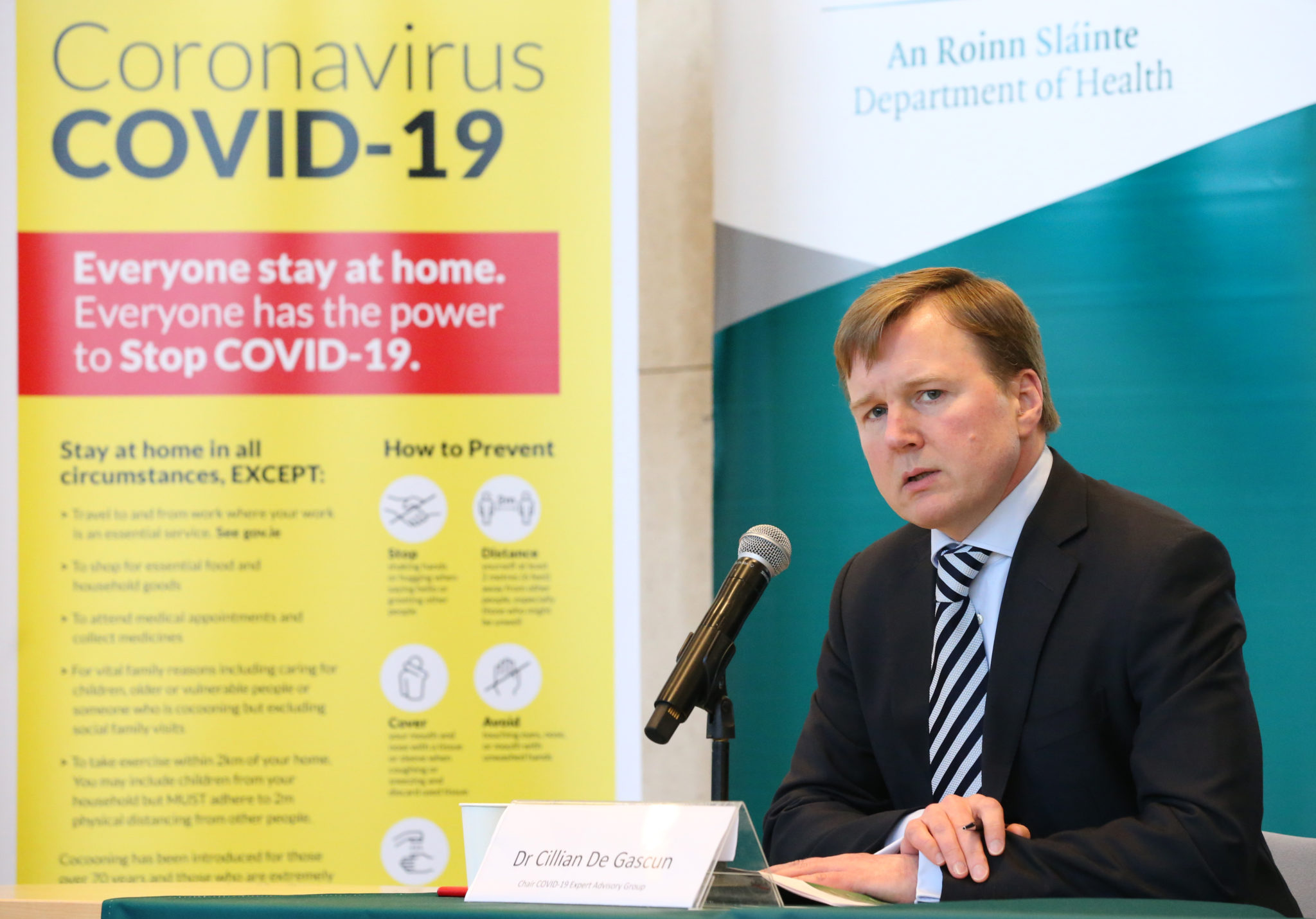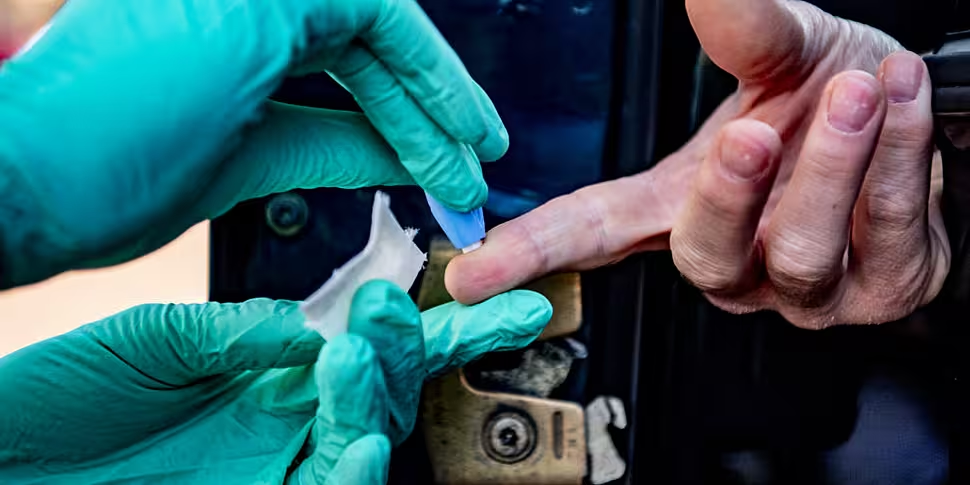Over 5,000 people are to take part in a study aimed at finding out how many of us have had COVID-19.
The study will take blood samples from thousands of people in Dublin and in Sligo to see if they have developed antibodies for the virus.
The two counties were chosen as representative of parts of the country with the highest and lowest levels of transmission.
On Newstalk Breakfast this morning, Dr Cillian De Gascun, Director of the National Virus Reference Laboratory, said participants will be invited to take part on a random basis.
“The idea really is to find out what proportion of the population as a whole has been exposed to the virus,” he said.
He said there may be many people who had the virus in recent weeks but were never tested and diagnosed.
“The idea behind this study is to try and get a feel for what proportion of the population has been infected because that will give us some indication as to what proportion of the population remains susceptible to infection,” he said.
 Dr Cillian De Gascun, Chair of the COVID-19 Expert Advisory Group at the nightly COVID-19 statement in the Department of Health, Dublin, 14-04-2020. Image: Sasko Lazarov/RollingNews
Dr Cillian De Gascun, Chair of the COVID-19 Expert Advisory Group at the nightly COVID-19 statement in the Department of Health, Dublin, 14-04-2020. Image: Sasko Lazarov/RollingNewsDr De Gascun said participants were randomly selected from the Primary Care Reimbursement Scheme database.
“The reason we want to take a random selection is because we want it to be representative of the population at large on the basis of gender, age and ethnicity and that is why we have not asked for volunteers,” he said.
Participants will be asked to take part in a phone interview before providing a blood sample at a local centre.
People will be given their individual results when they become available and anybody who has developed COVID-19 antibodies will be asked to take part in a follow-up study.
The antibody test indicates whether a person was recently infected with the virus – even if they had only mild symptoms or if they were asymptomatic.
The study aims to examine how long antibodies last and what protection they offer against the virus.
Dr De Gascun said international studies have shown the test to be accurate and effective.









